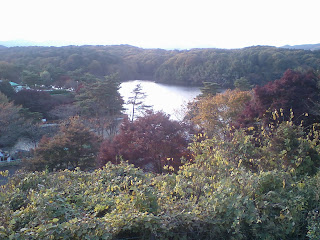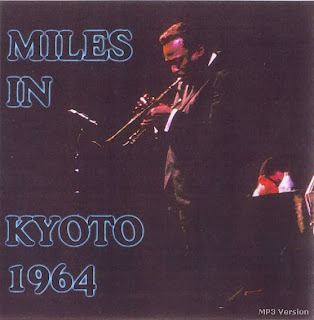Samurai Food Movie

If you like traditional Japanese food, you will love this film. How did the current amazing food culture here evolve? Well, we'll never know exactly, but Japan created a food culture that recently got UNESCO status. I agree with that, but I would also like to know more about what people ate back in the old days. Much of it came from the Buddhist temples, but here we have a fresh take on what made it all available to a lot of people. Bushi no Kondate (Recipes of the Samurai) was released here on December 14, 2013 and I love all of it. The Japanese website has all kinds of bells and whistles, do explore bushikon . The film illustrates dishes for all sorts of occasions—tai no karamushi (steamed sea bream stuffed with a mixture of okara bean-curd lees, pine nuts, ginkgo nuts, lotus root and others) for a wedding banquet; jibuni, which is a local stew containing duck meat or chicken, vegetables and sudare-fu (a type of wheat gluten) with soy sauce, sugar and other seasonings; a...










